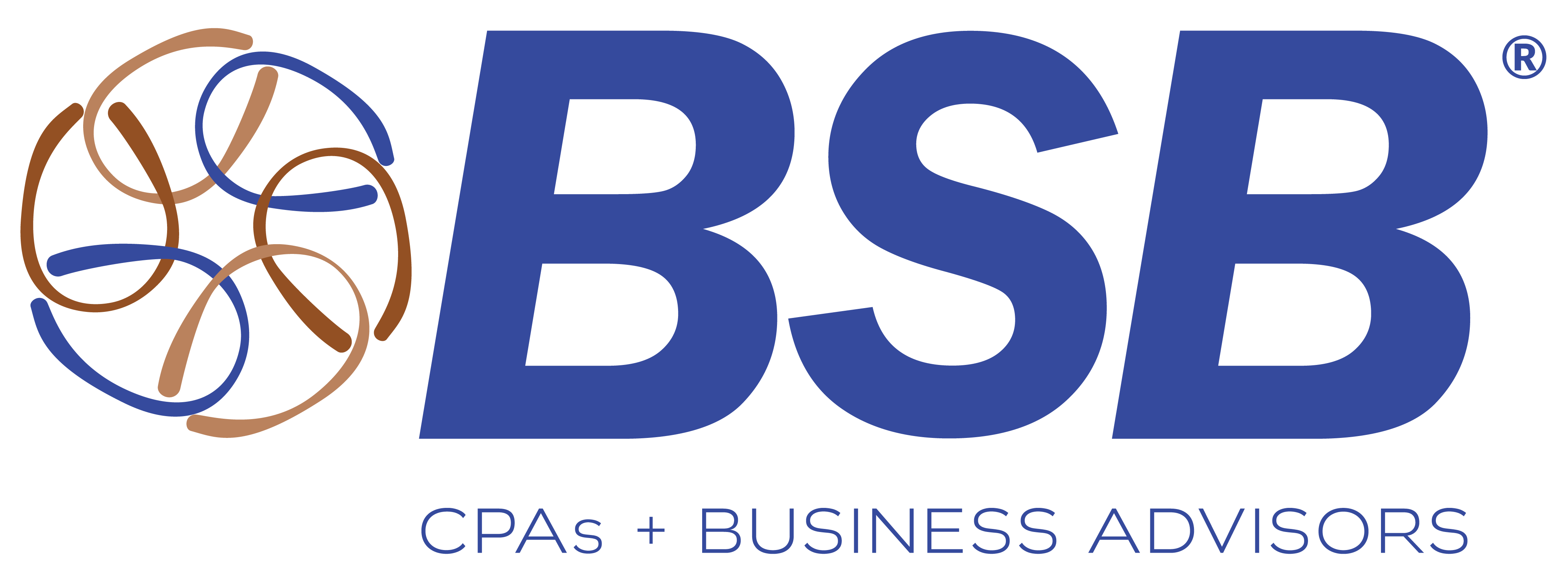The IRS recently issued revised instructions regarding 2022 Schedules K-2 and K-3 for partnerships and S corporations. In these instructions, the IRS responded to requests for expanded relief and clarity by adding a new “domestic filing exception” for partnerships and S corporations.
As you may recall, beginning for the 2021 tax year, the IRS created two new reporting schedules (K-2 and K-3) for the stated purpose of providing greater transparency and clarity to partners and shareholders, to facilitate the calculation of their U.S. income tax liability from relevant international items.
The IRS’s updated guidance with this new domestic filing exception is welcome relief for many partnerships and S corporations.
New domestic filing exception for the 2022 tax year
Generally, partnerships and S corporations are required to complete Schedules K-2 and K-3. However, the revised instructions (to Schedules K-2 and K-3) provide a domestic filing exception as follows for qualifying entities:
In order for a partnership/S corporation to take advantage of the “domestic filing exception” the following requirements must be met:
- Entity’s foreign activity, if any, must be limited as described in the form instructions.
- If the entity is a partnership, all direct partners must be U.S. citizens or resident alien partners (domestic estates and trusts with solely U.S. citizens and/or resident alien beneficiaries are included).
- Partners/shareholders must be timely notified. The eligible entity must notify the partner/shareholder no later than the time in which it furnishes Schedule K-1 to the partner/shareholder. The notice can be provided as an attachment to Schedule K-1. The notification must state that partners/shareholders will not receive Schedule K-3 from the partnership unless requested.
- No 2022 Schedule K-3 requests are made by a partner/shareholder to the qualifying entity on or before the “one-month date.” The one-month date is defined as one month before the date the qualifying entity files its income tax returns. For example, for a 2022 calendar year partnership filing on extension, the latest one-month date would be August 15, 2023. If a partner/shareholder requests a Schedule K-3 from the entity after the one-month period, then the entity only has to provide the information to the requesting partner/shareholder and does not have to file the Schedules K-2 and K-3 with the IRS.
What does this mean to your entity?
Gathering and reporting all the data required in Schedules K-2 and K-3 does create complexity in the tax compliance process and will require a substantial amount of time and resources.
If you believe you are a qualifying partnership or S corporation (refer to Items 1 and 2 above), and you wish to forego the additional time and expense required to complete Schedules K-2 and K-3, you will need to set up a formal process for communicating and providing appropriate notice to your partners/shareholders in accordance with the timelines as stipulated by the IRS.
Also, it is extremely important that you maintain documentation to support the notifications you make to your partners/shareholders, as well as any responses you receive back. This is a critical step to ensure that there is no ambiguity and/or misunderstanding with your partners/shareholders that could result in your entity’s non-compliance with the guidance as promulgated for qualification under this new exception.
Take immediate action now
If your entity wants to move forward with required steps for qualification under the domestic filing exception, we strongly encourage you to take immediate action as noted below:
- Timely notify, electronically or by mail, your partners/shareholders of your entity’s intention to not provide Schedule K-3 unless specifically requested (refer to Item 3 above); and
- Track and comply with specific requests from partners/shareholders for a Schedule K-3 (refer to Item 4 above).
For the communications to qualify as timely notice, the partner/shareholder notification must be made by the qualifying entity no later than the time in which the K-1 is furnished to a partner/shareholder.
Note that if a partner/shareholder makes an untimely request for Schedule K-3 information after the specified one-month period, you do have an obligation to provide the Schedule K-3 to the requesting partner/shareholder but you do not have to file the K-2 and K-3 with the IRS.
As always, please feel free to contact us with any questions about the new domestic filing exception (for the Schedules K‑2 and K‑3 reporting requirements) for pass-through entities for tax years beginning 2022. We are available at your request to assist you with addressing the implications of the Schedules K‑2 and K‑3 reporting requirements to your entity.





